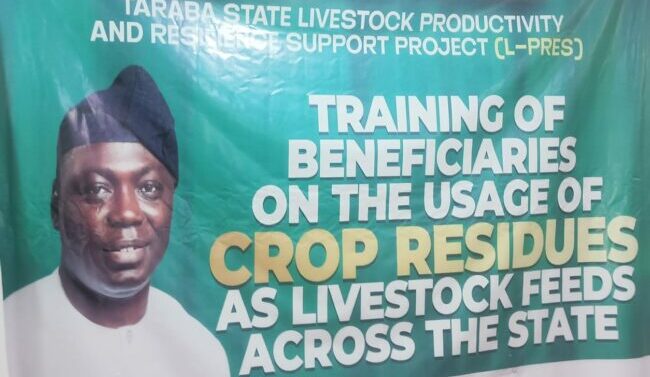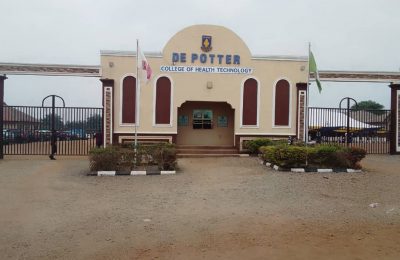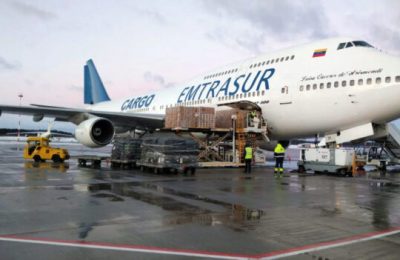
The Taraba State government, through the Taraba State Livestock Productivity and Resilience Support Project, an initiative of the World Bank, commenced training livestock feed producers on Monday to check for frequent clashes between herders and farmers.
Speaking at the training of selected beneficiaries at a workshop held at the SISFEN Event Centre in Jalingo, the state project coordinator, Mr Hananiah Albert, said the training objective was to enhance the livestock value chain, sustain the resilience of livestock farmers, and build the capacities of the authorities to respond to the violent conflict between herders and farmers.

According to him, the project was a strategic input to Nigeria’s long-term approach to developing and transforming the livestock sector by supporting measures that will help livestock farmers mitigate and increase their adaptive capacities to climate change and promote the use of climate-smart technologies and climate practices that will help improve their value chain performances to prevent conflicts.
“The importance of livestock production and productivity to the Nigerian economy cannot be overstated. In the second quarter of 2023, the contribution of livestock production to Nigeria’s GDP experienced an increase of 2.3 per cent compared to the same period of the previous year, and the story is still looking up.
“Feeds and feeding constitute about 70 per cent of production costs in livestock production. Therefore, by carefully selecting crop residues, which are by-products of crop production, and using them to feed our animals, we will reduce the cost of raising these animals, improve feed utilisation, and reduce waste.
“This can also help mitigate feed shortages and reduce reliance on external feed sources because of the high costs associated with industrially produced improved feeds.
“In Nigeria, some crop residues used as livestock feeds include maize stover, rice straw, groundnut haulms, sorghum stover, millet stover, cassava peels, cowpea haulms, yam peels, and soybean stubble.
“These crop residues are often used as important sources of feed for livestock rearing, particularly in areas where industrial feeds may be limited or expensive, as earlier highlighted. Crop residues’ usage is a cost-effective feed source, and utilising them also contributes to sustainable agriculture by recycling nutrients and minimising waste,” he said.
Albert also said the training on the use of crop residues as livestock feeds can be a valuable resource for beneficiaries and livestock producers, as they will be given additional knowledge on processing and possibly good storage and how to integrate crop residues into a livestock feeding programme to help livestock farmers enhance their understanding and utilisation of crop residues to improve livestock nutrition and Productivity
Some of the participants who spoke to our correspondent commended the initiative, saying it would help boost livestock production in the state.








